 Most buyers expect an instant emotional reaction when they walk into the right home. The idea of love at first sight is common, but in reality, many of the best homes do not create fireworks immediately. They create possibility, and that is often quieter.
Most buyers expect an instant emotional reaction when they walk into the right home. The idea of love at first sight is common, but in reality, many of the best homes do not create fireworks immediately. They create possibility, and that is often quieter.
Emotion Can Be Misleading
Strong reactions are not always reliable indicators of long-term satisfaction. A beautifully staged home can create excitement, while a less polished property may offer better functionality. Learning to separate emotion from practicality helps buyers make decisions that serve them beyond move-in day.
Potential Is Easy to Overlook
Many buyers struggle to see past surface-level details. Paint colors, outdated fixtures, or empty rooms can distract from strong layouts and solid locations. A good home does not always present itself perfectly, but it often reveals value through structure, flow, and adaptability.
Lifestyle Fit Matters More Than Trends
Design trends change quickly. Your lifestyle does not. A home that supports daily routines, future plans, and comfort often outperforms trend-driven choices over time. Function should always lead form when evaluating long-term happiness.
Guidance Sharpens Perspective
An experienced real estate agent helps buyers slow down and evaluate homes objectively. Asking the right questions shifts focus from cosmetic details to livability. That perspective prevents regret and supports confident decisions.
The right home often grows on you. When you look beyond first impressions, you create space for smarter choices that align with how you actually live.
 Buying a home is an exciting step and a powerful wealth building move, but the purchase price is only part of the financial picture. Many buyers focus on the down payment and monthly loan amount, then feel surprised by the ongoing costs that come with owning a home. Understanding these expenses ahead of time helps you buy with confidence and avoid unnecessary financial stress.
Buying a home is an exciting step and a powerful wealth building move, but the purchase price is only part of the financial picture. Many buyers focus on the down payment and monthly loan amount, then feel surprised by the ongoing costs that come with owning a home. Understanding these expenses ahead of time helps you buy with confidence and avoid unnecessary financial stress.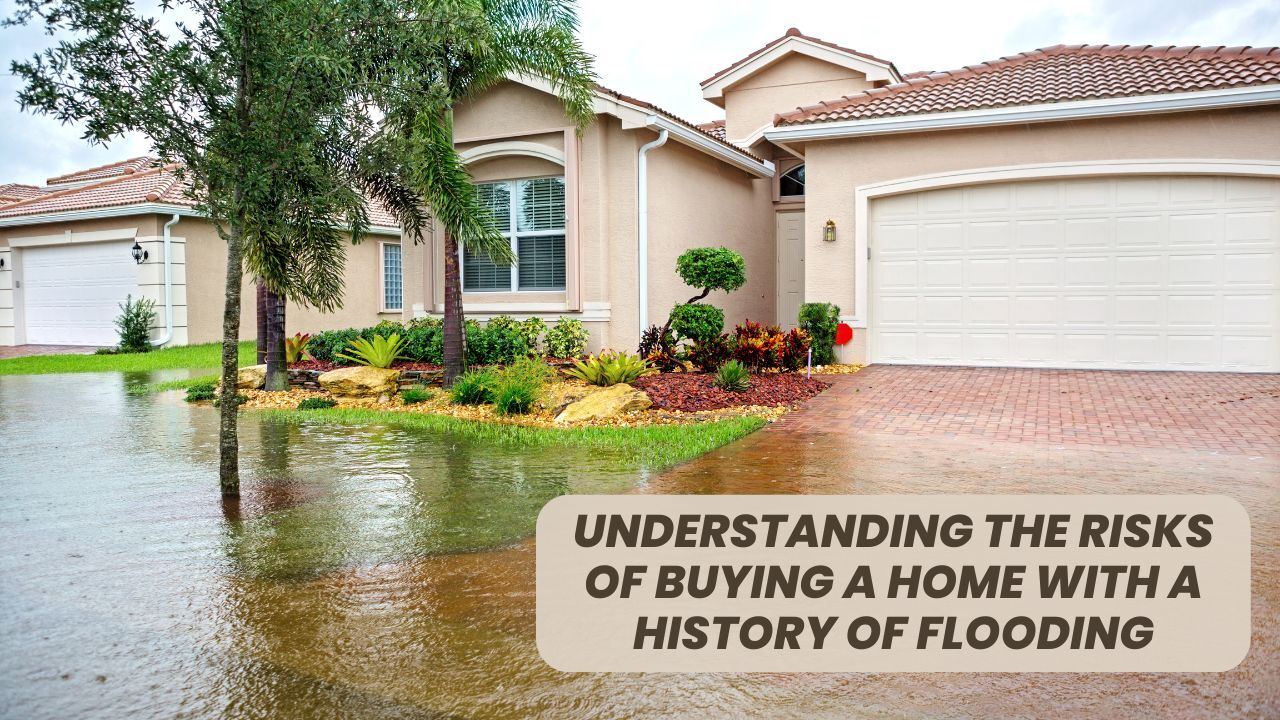 A home can look beautiful on the surface, but a past flooding event can create long term challenges that buyers need to understand. If you are considering a property with any history of water intrusion, taking time to learn the risks can protect your safety, your finances and your peace of mind.
A home can look beautiful on the surface, but a past flooding event can create long term challenges that buyers need to understand. If you are considering a property with any history of water intrusion, taking time to learn the risks can protect your safety, your finances and your peace of mind.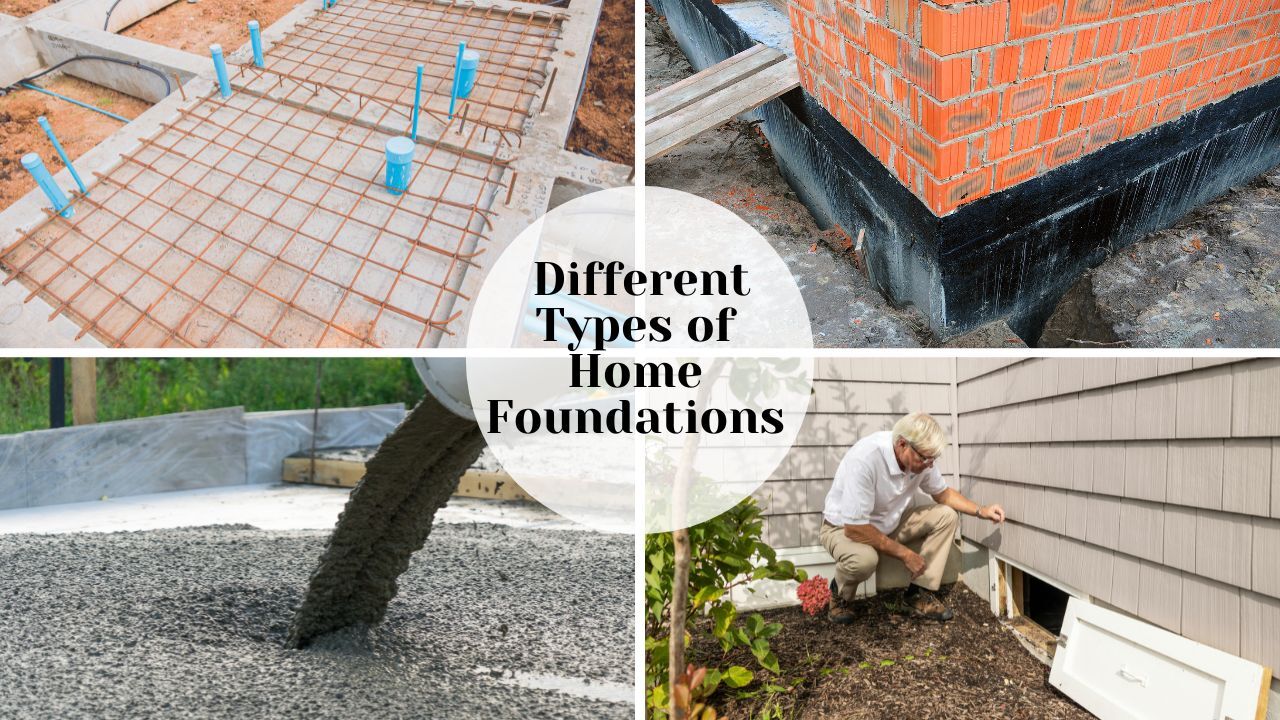 When buying or selling a home, the foundation is one of the most important yet overlooked elements. It supports the structure, affects durability, and can influence everything from comfort to resale value. As a real estate agent, I often remind clients that understanding the type and condition of a home’s foundation can help them make informed choices and avoid costly surprises later on.
When buying or selling a home, the foundation is one of the most important yet overlooked elements. It supports the structure, affects durability, and can influence everything from comfort to resale value. As a real estate agent, I often remind clients that understanding the type and condition of a home’s foundation can help them make informed choices and avoid costly surprises later on.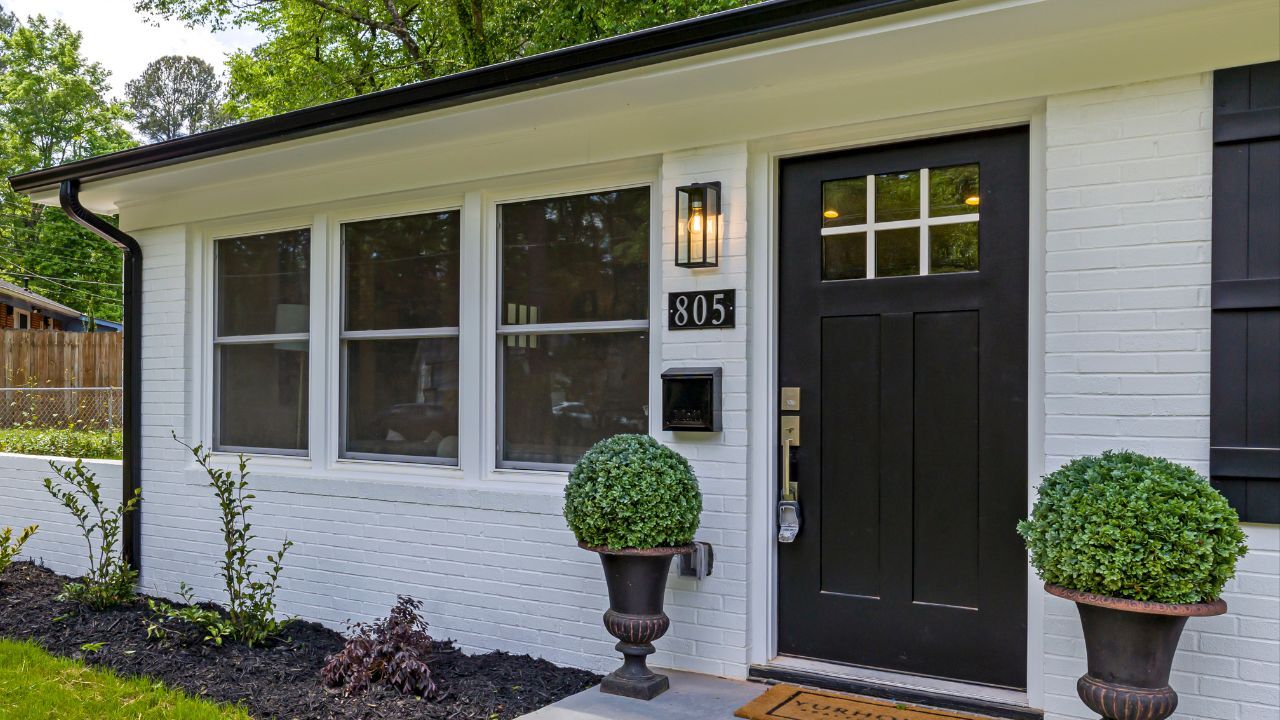 When you start shopping for a home, you will quickly notice that not all properties are created equal. From cozy condos to spacious single-family homes, each property type offers a unique lifestyle, level of maintenance, and investment potential. Understanding the differences helps you choose the kind of home that best fits your goals, budget, and way of living.
When you start shopping for a home, you will quickly notice that not all properties are created equal. From cozy condos to spacious single-family homes, each property type offers a unique lifestyle, level of maintenance, and investment potential. Understanding the differences helps you choose the kind of home that best fits your goals, budget, and way of living. Buying a home is one of the biggest financial moves you will ever make, and while it can feel overwhelming, approaching it the way a real estate professional does makes the process smoother and more strategic. With the right preparation and mindset, you can shop confidently and make smart decisions from start to finish.
Buying a home is one of the biggest financial moves you will ever make, and while it can feel overwhelming, approaching it the way a real estate professional does makes the process smoother and more strategic. With the right preparation and mindset, you can shop confidently and make smart decisions from start to finish.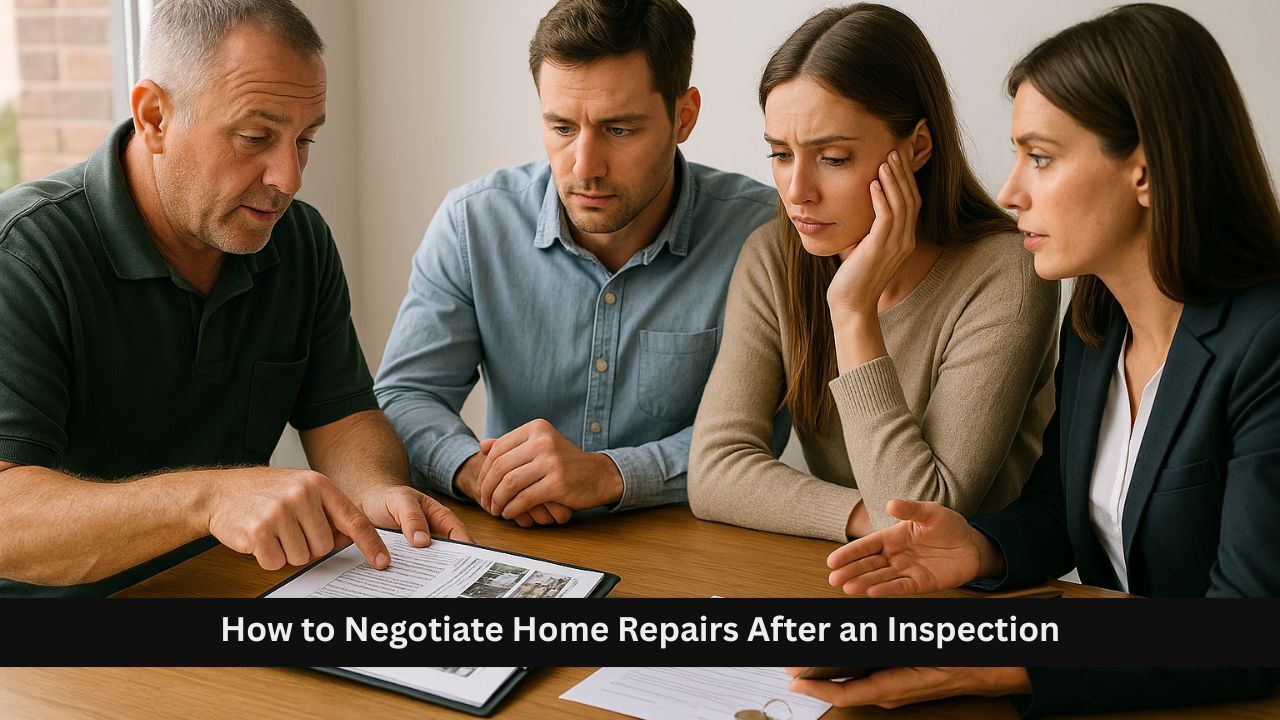 A home inspection is one of the most important steps in the home buying process. It gives buyers a clear picture of the property’s condition and can uncover issues that are not visible during a showing. From roofing problems to electrical concerns, an inspection helps ensure you know exactly what you are purchasing. However, once the report arrives, the next step, and negotiating repairs, can feel overwhelming.
A home inspection is one of the most important steps in the home buying process. It gives buyers a clear picture of the property’s condition and can uncover issues that are not visible during a showing. From roofing problems to electrical concerns, an inspection helps ensure you know exactly what you are purchasing. However, once the report arrives, the next step, and negotiating repairs, can feel overwhelming.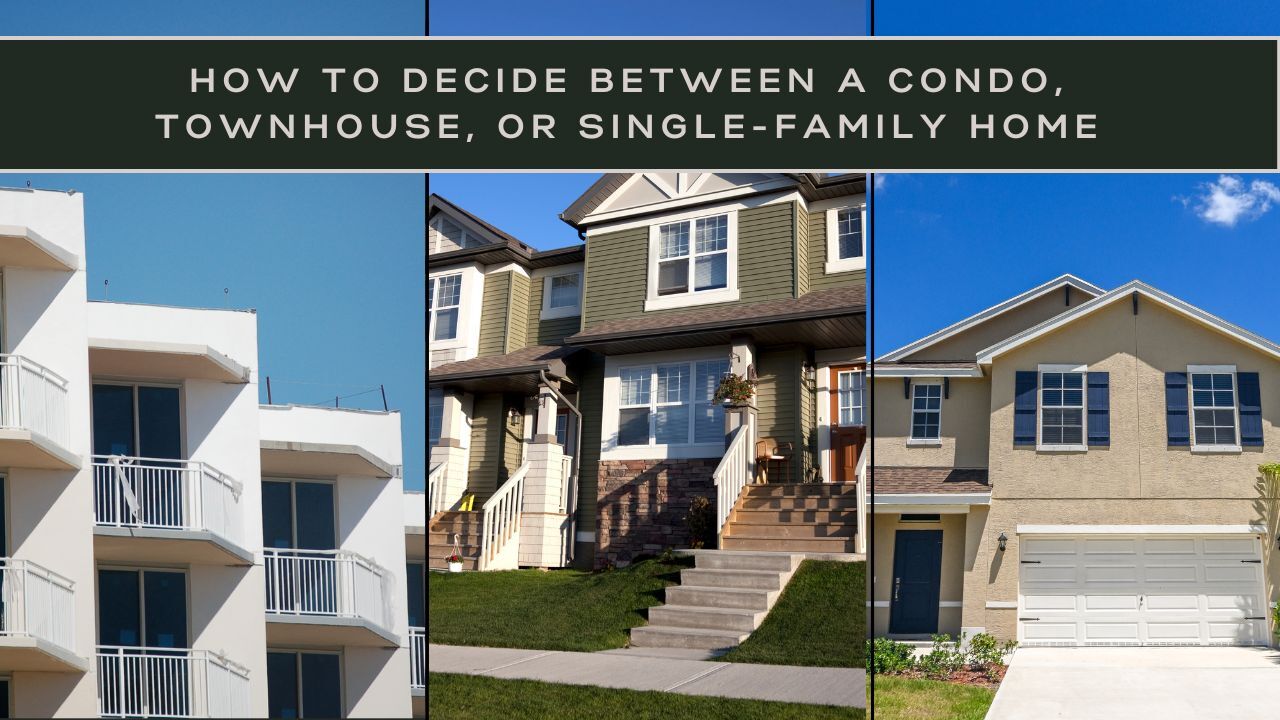 Choosing the right type of home is one of the most important decisions a buyer can make. Condos, townhouses, and single-family homes each offer unique benefits and challenges. The best choice depends on your lifestyle, budget, and long-term goals. Understanding what sets them apart can help you make a confident and informed decision.
Choosing the right type of home is one of the most important decisions a buyer can make. Condos, townhouses, and single-family homes each offer unique benefits and challenges. The best choice depends on your lifestyle, budget, and long-term goals. Understanding what sets them apart can help you make a confident and informed decision.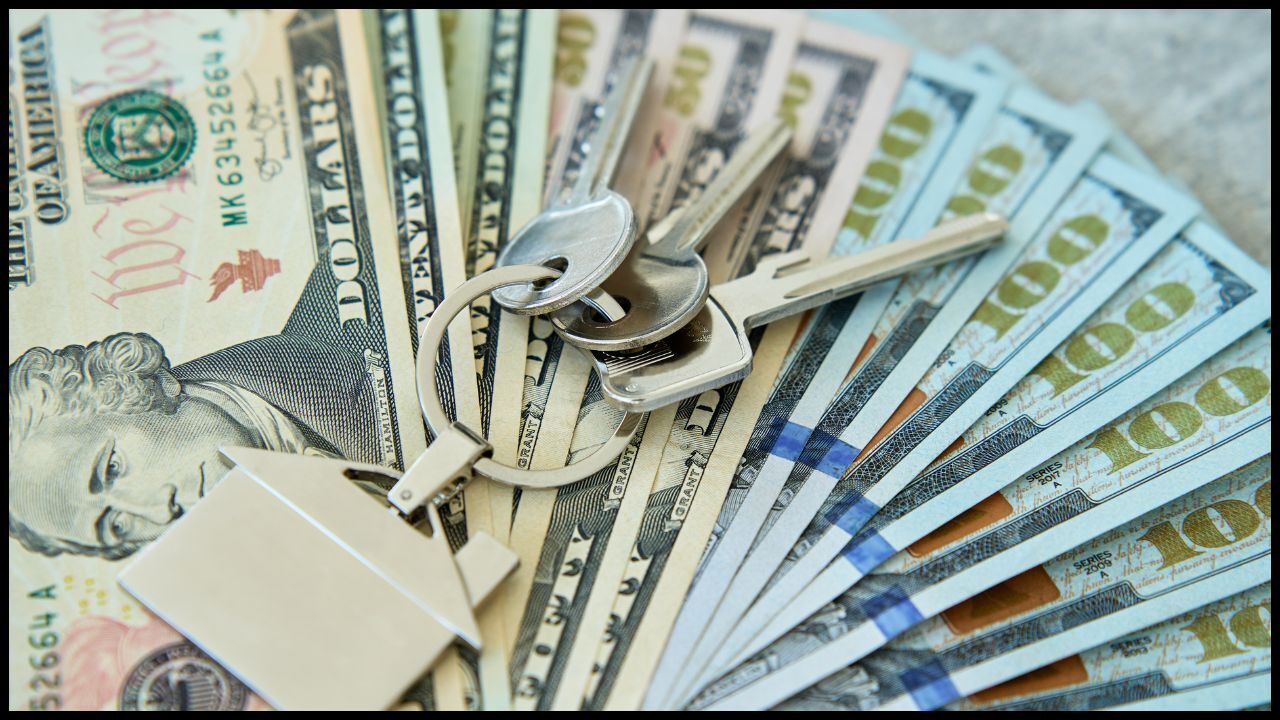 In today’s competitive real estate market, buyers often find themselves going up against all cash offers. It can be discouraging to see a dream home slip away to someone who can pay outright. However, buyers who use financing still have powerful ways to compete, and win, when they approach the process strategically.
In today’s competitive real estate market, buyers often find themselves going up against all cash offers. It can be discouraging to see a dream home slip away to someone who can pay outright. However, buyers who use financing still have powerful ways to compete, and win, when they approach the process strategically.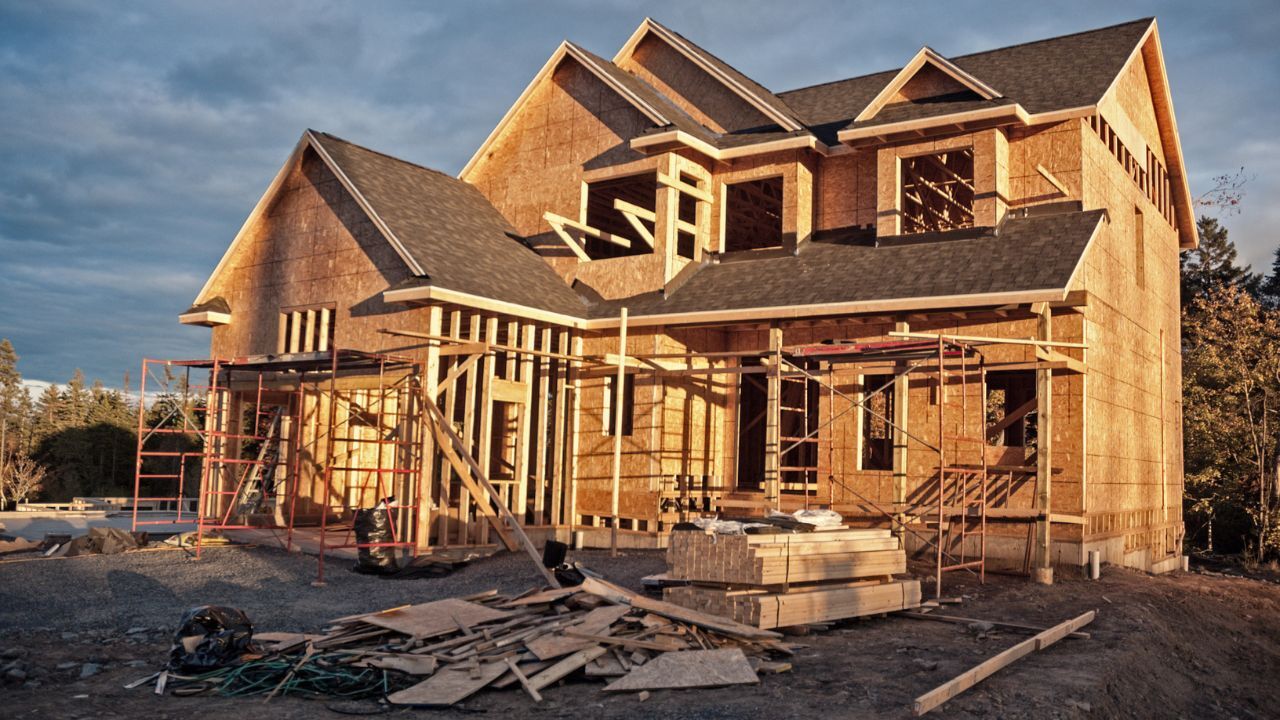 Buying a newly built home can feel exciting and fresh, but there are unique considerations that many buyers overlook. Understanding the nuances of new construction ensures you make informed decisions, avoid surprises, and protect your investment throughout the building and buying process.
Buying a newly built home can feel exciting and fresh, but there are unique considerations that many buyers overlook. Understanding the nuances of new construction ensures you make informed decisions, avoid surprises, and protect your investment throughout the building and buying process.